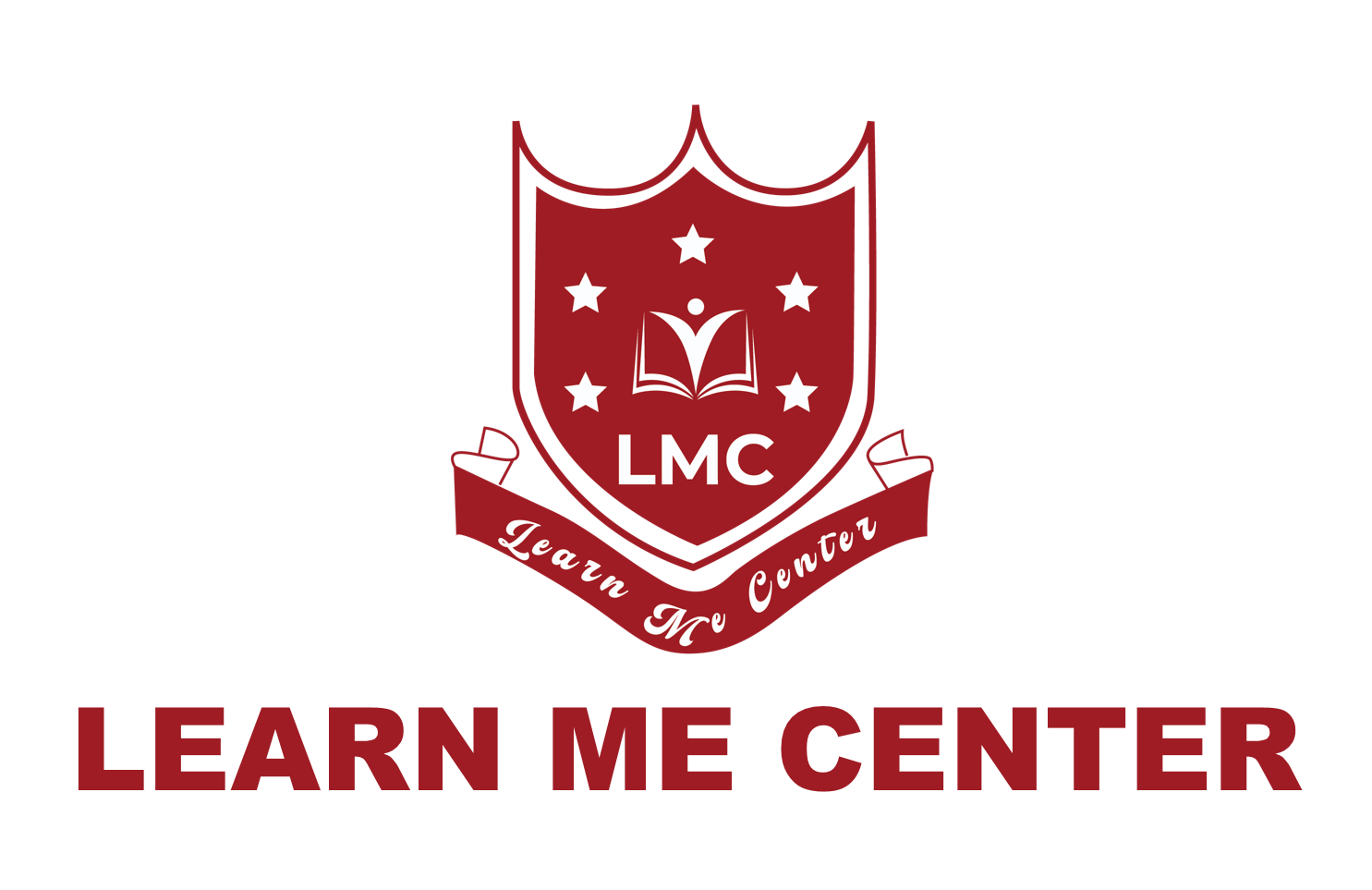DEFINITION
A gerund
is a verb ending with ing form that functions as a noun that names an activity rather than a person or thing.
An infinitive
is the “to” form of the verb. The infinitive form of “learn” is “to learn.” You can also use an infinitive as the subject, the complement, or the object of a sentence.
——————————————————
FUNCTION
As a subject:
| Gerund | Infinitives |
| Making money is not easy. | To make money is not easy. |
As an object:
| Gerund | Infinitives |
| I like reading books. | I like to read a book. |
As a complement:
| Gerund | Infinitives |
| Her favorite hobby is drawing pictures. | The skill I am bad at is to draw. |
Note 1: Gerunds and Infinitives must follow some certain verbs
Verbs are followed by Gerunds
| admit | He admitted stealing the jewels |
| avoid | I avoid speaking to him until I’ve got more detail |
| can’t help | I can’t help thinking about you |
| can’t stand | I can’t stand waiting for buses |
| enjoy | We enjoyed seeing them again after so many years |
| deny | He denied murdering the woman |
| escape | He escapes doing house work |
| fancy | Sorry, I don’t fancy going out tonight |
| finish | I finished doing my homework |
| go | They go fishing very weekend |
| imagine | I can’t imagine Tom riding motorbike. He is just 8. |
| involve | The job involved working with marketing team |
Verbs are followed by Infinitives
| agree | I agree to sign the contract |
| decide | I decide to go with you |
| happen | I happen to hit him on his back |
| pretend | I pretend to sleep |
| promise | I expect to learn English well |
| manage | I manage to get up the stairs |
| tend | Women tend to live longer than men |
| claim | He claimed to be an expert |
| fail | He failed to explain the problem clearly |
